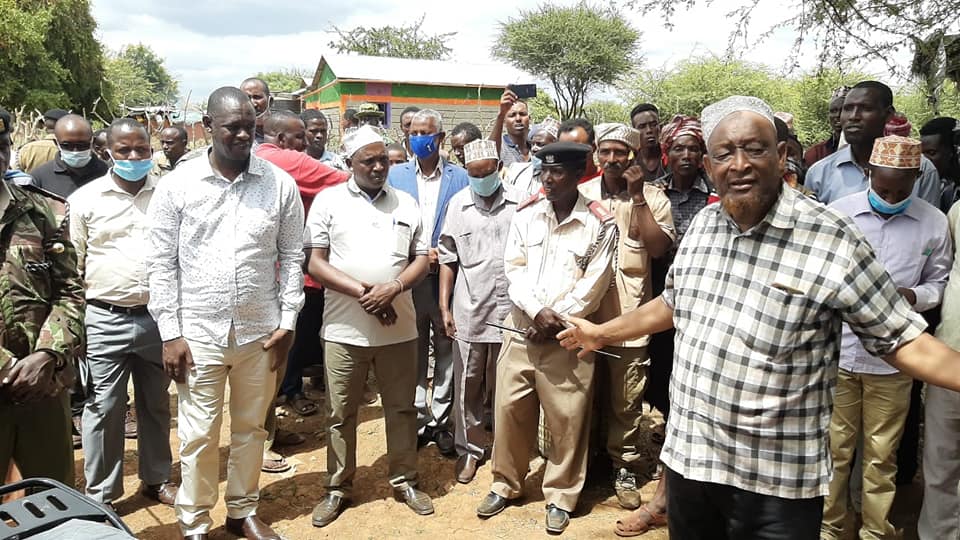
By Simon Kobia
When politicians and senior government officers from the former Eastern province and on a peace mission perished in a military plane crashed in 2006, it was hoped the Borana and the Gabbra of Marsabit County would stop the bloodshed.
Fourteen years later, a police helicopter crashed in Meru County recently, as it ferried senior security officers from the region to Marsabit on a similar mission.
The occurrences paint a picture of how restoring peaceful coexistence among the communities in Marsabit is important. They also show the government’s commitment to ensuring that the warring communities lay down their weapons and embrace a harmonious, peaceful coexistence.
In recent times elders from the Borana and the Gabra announced to the world that a ceasefire had been reached, after meetings between political, religious, and community representatives from both sides.
This was after a section of community members from the protagonists were arrested after incidences of attacks that left scores with various degrees of injuries
The differences between the two communities prompted the National Police Service to wade launch investigations, culminating in the arrest of members of Borana and Gabbra suspected of incitement.
While inside the cells, the suspects, all-male, did not have an option but talk to one another at close range, a scenario that was not possible when they were back in their villages.
They found themselves on one side, and the police on the other side, a scenario which forced them to start talking and thinking of ways of saving their skin, as they stared at potential imprisonment.
They successfully cooperated and saved themselves from the hands of the police, through dialogue.
“They say that when people sit down together, share a meal; a room, and reason together, it means the solution of problems facing them can be found,” one of them was later heard telling others.
One was a former MCA, Pius Yattan from the Borana community, who after they were released, came up with a proposal to involve the council of elders from both sides to spearhead the reconciliation process.
“We have discovered that we can talk after we found ourselves in one cell when we realized we would either be hanged together or separately if we did not resolve our differences! We had to find a common ground, for the sake of our communities, and our freedom,” Yattan reflected.
Later, elders held several fruitful meetings that came up with a workable plan of uniting Borana and Gabra and bringing an end perennial bloody conflicts that brought pain and misery for years.
Gabra elder Ochora Chene, told the Eastern Newspaper that the elders had resolved to unite their people and end deaths, maiming, and other vices caused by the conflicts.
“We as the Gabra and the Borana communities elders and leaders have decided to end conflict among ourselves once and for all. We are one people who share cultural and other bonds which include inter-marriages. We cannot afford to continue fighting and killing each other, because there will be no education, trade, and other development activities,” Mr. Chebe stated.
The elders resolved is already paying dividends, with internally displaced persons in various parts of the county now going back to their homes.




